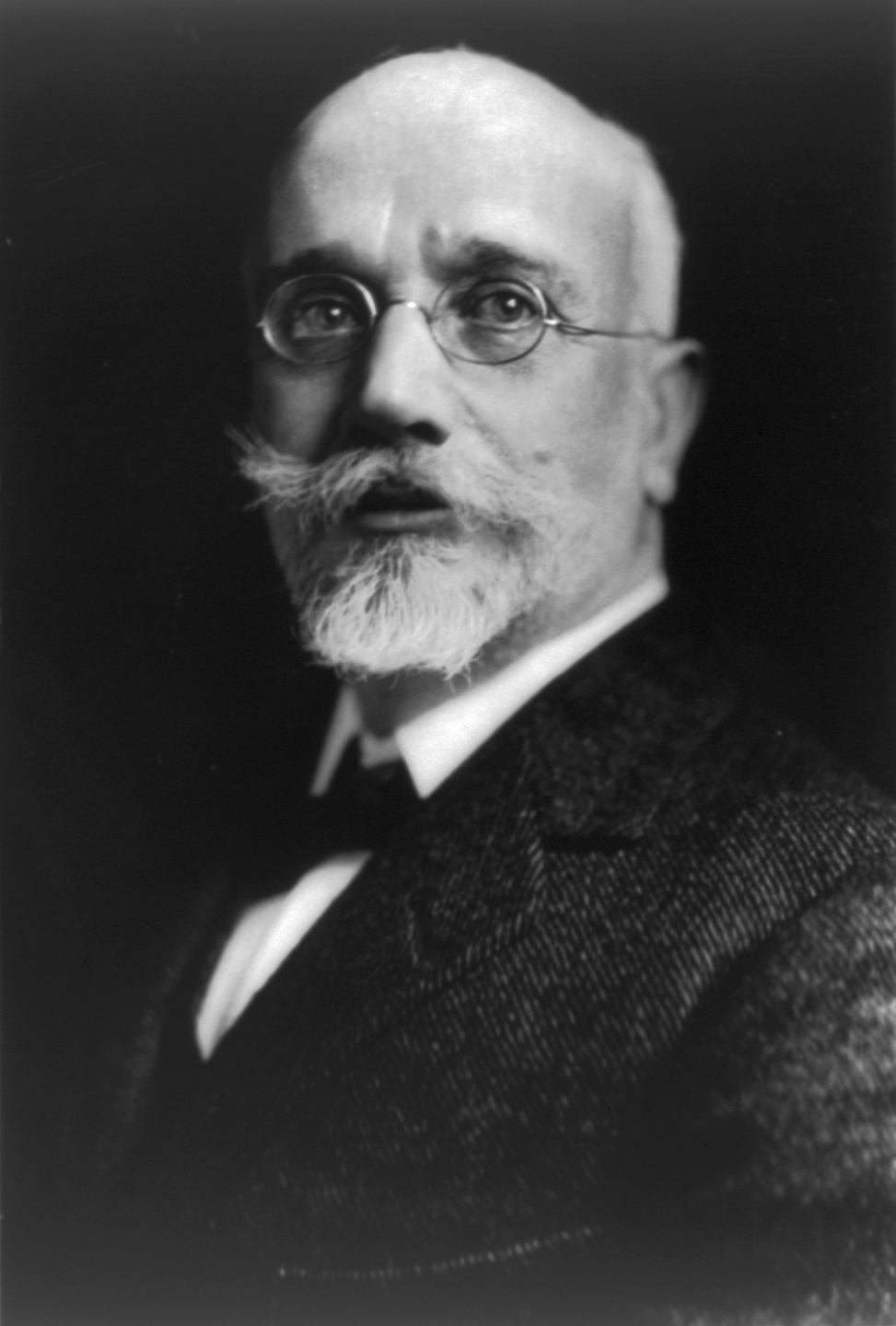Zdroj: [Farewell to Venizelos, Time magazine, Monday, Mar. 25, 1935, http://www.time.com/time/magazine/article/0,9171,748601-1,00.html] ; Venizelos at the final years of his life.
Eleftherios Venizelos: Citáty anglicky
Zdroj: Victory of Venizelos, 1920, p. 165; In discussing the responsibility of Zaimes, Venizelos himself remarked in the Greek Chamber.
Eleftherios Venizelos in:. Histoire diplomatique de la Grèce de 1821 à nos jours. tome V, Edouard Driault et Michel Lheritier, éd. PUF, 1926, p. 164; Venizelos about the decision of Consantine I to keep Greece neutral during WWI
“One cannot kick against geography!”
Zdroj: Victory of Venizelos, 1920, p. 31 ; Part of Venizelos' arguments with king Constantine why Greece should join with the Allies in the World War I.
Venizelos speaking to Greek sailors at the beginning of the First Balkan War.
Zdroj: [Chester, S. M., Life of Venizelos, with a letter from His Excellency M. Venizelos, Constable, 1921, London, http://www.archive.org/download/lifeofvenizelosw00chesuoft/lifeofvenizelosw00chesuoft.pdf], p. 162
Zdroj: Victory of Venizelos, 1920, p. 176 ; After one of the many attempts of Venizelos to persuade King Constantine, that Greece should join the Allies in the World War I.
[Bagger, E. S., Eminent Europeans; studies in continental reality, G.P. Putnam's Sons, 1922, http://www.archive.org/download/eminenteuropeans00bagg/eminenteuropeans00bagg.pdf], p. 61
“England in all her wars has always gained one battle - the last!”
The World Crisis, The Aftermath : Chapter XVIII (Greek Tragedy), Churchill, Butterworth (1929), p. 381.
[Bagger, E. S., Eminent Europeans; studies in continental reality, G.P. Putnam's Sons, 1922, http://www.archive.org/download/eminenteuropeans00bagg/eminenteuropeans00bagg.pdf], p. 67 and Gibbons, 1920, p. 27
Venizelos' answer to the question "Why don't you trust us implicitly?", made by British naval officer during the Cretan revolt in 1897. After the answer the Englishman replied "Damn it, the beggar is right!" and continued, "and I hope we shan't have to shoot him!"
Zdroj: [Gibbons, H. A., Venizelos, Modern Statesmen Series, Houghton Mifflin Company, 1920, http://books.google.com/books?id=DVMlZtkx5bwC], p. 17
Zdroj: Victory of Venizelos, 1920, p. 178 ; In reply to the question, "What if you find German troops barring the way?" from the pro-German Greek MP Theotokis in the House. Later, Venizelos was dismissed from office.
